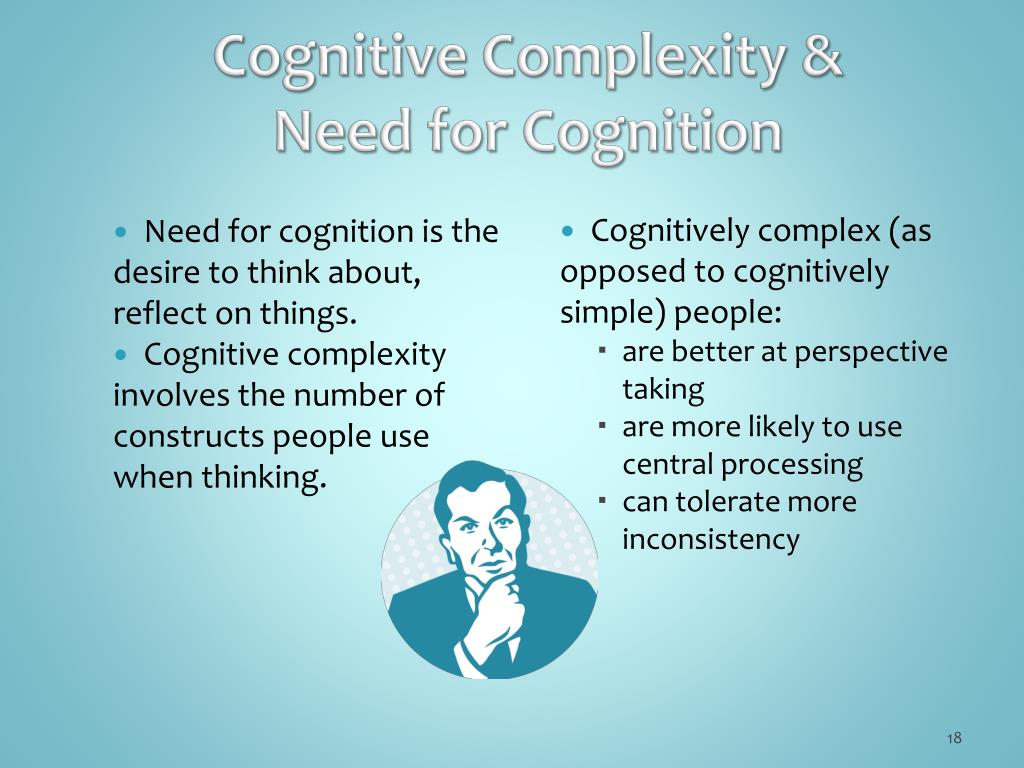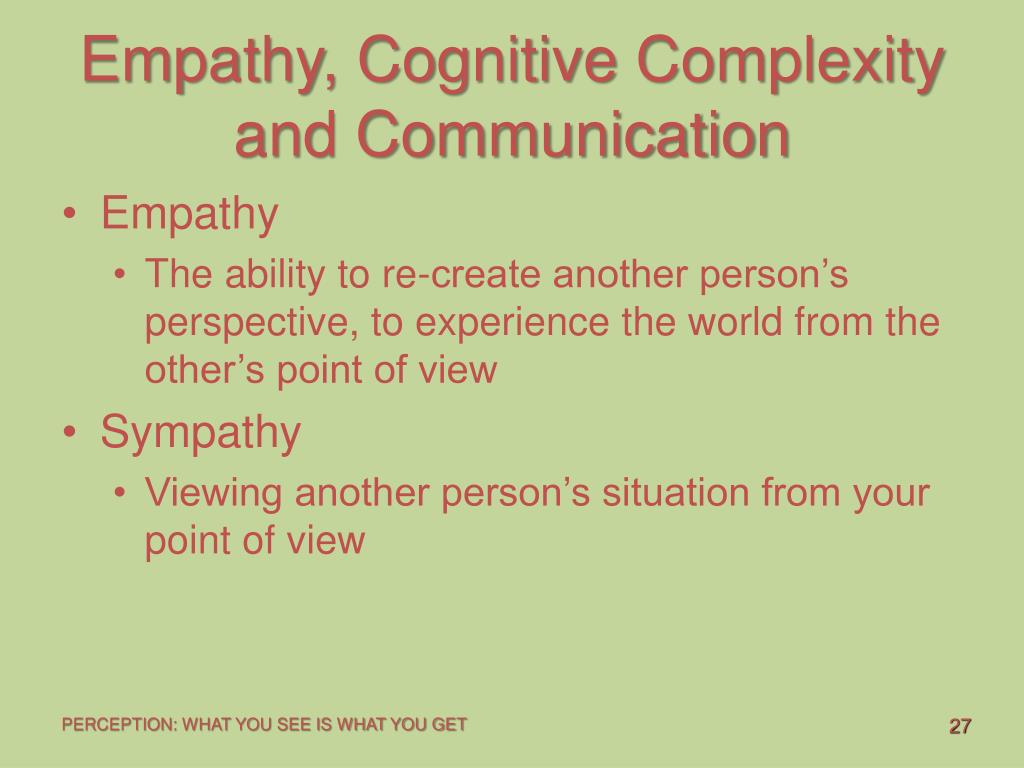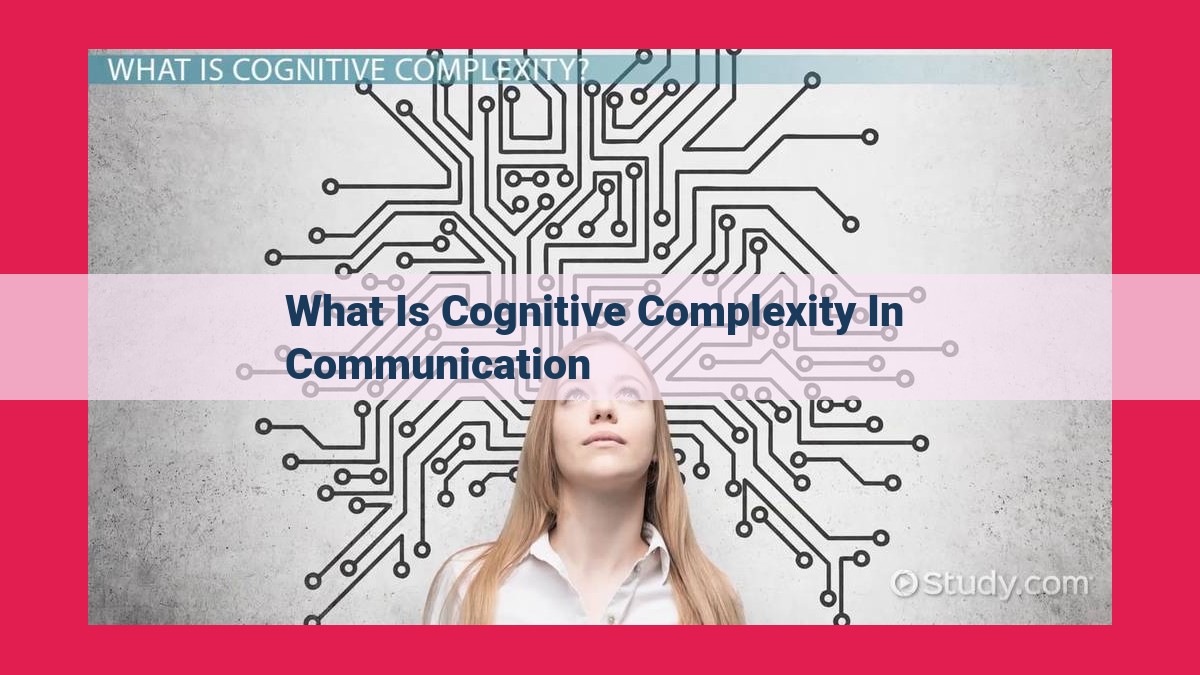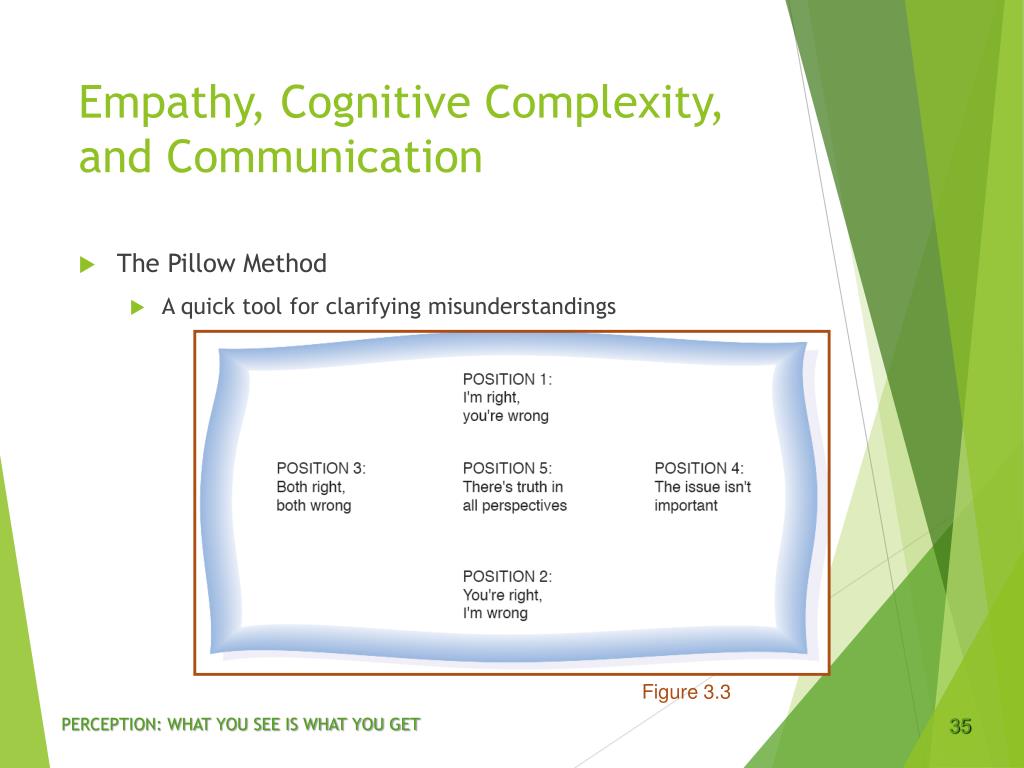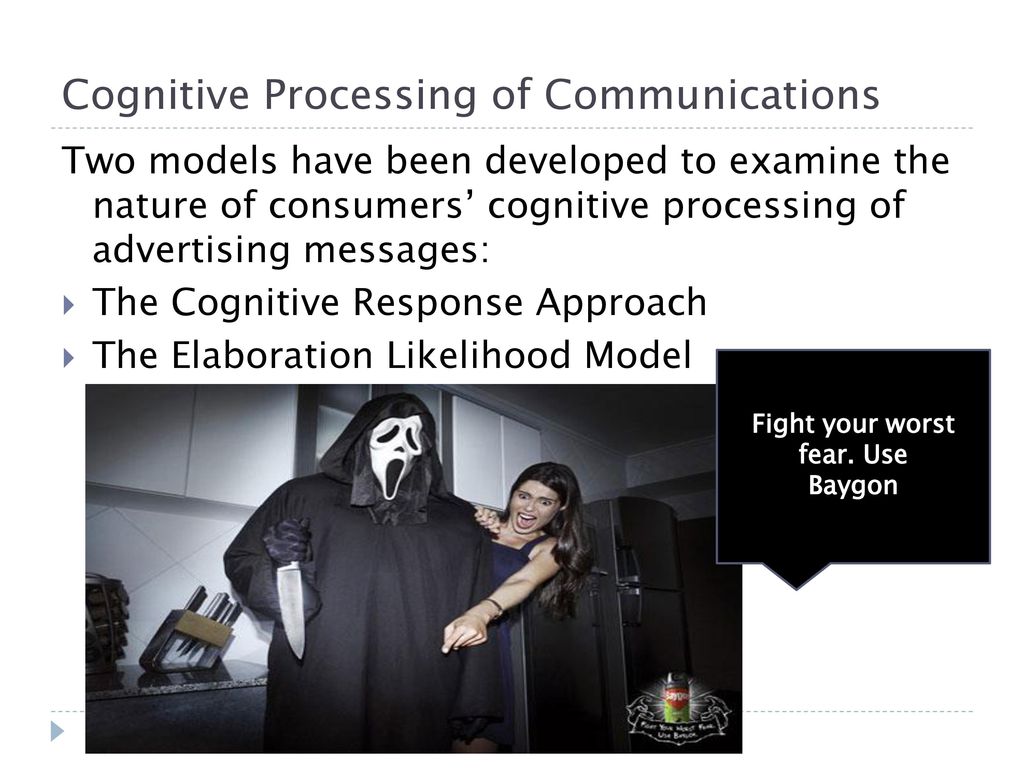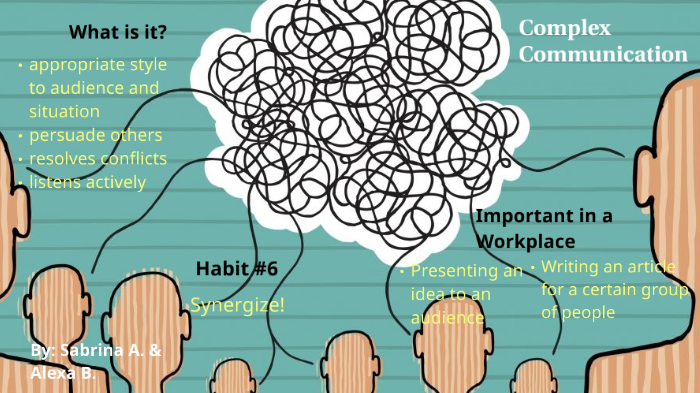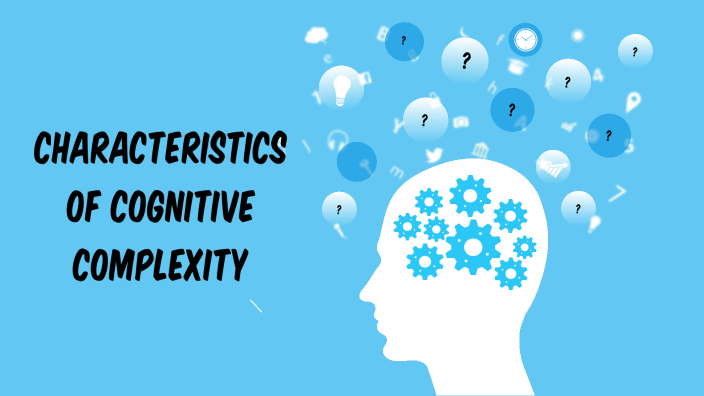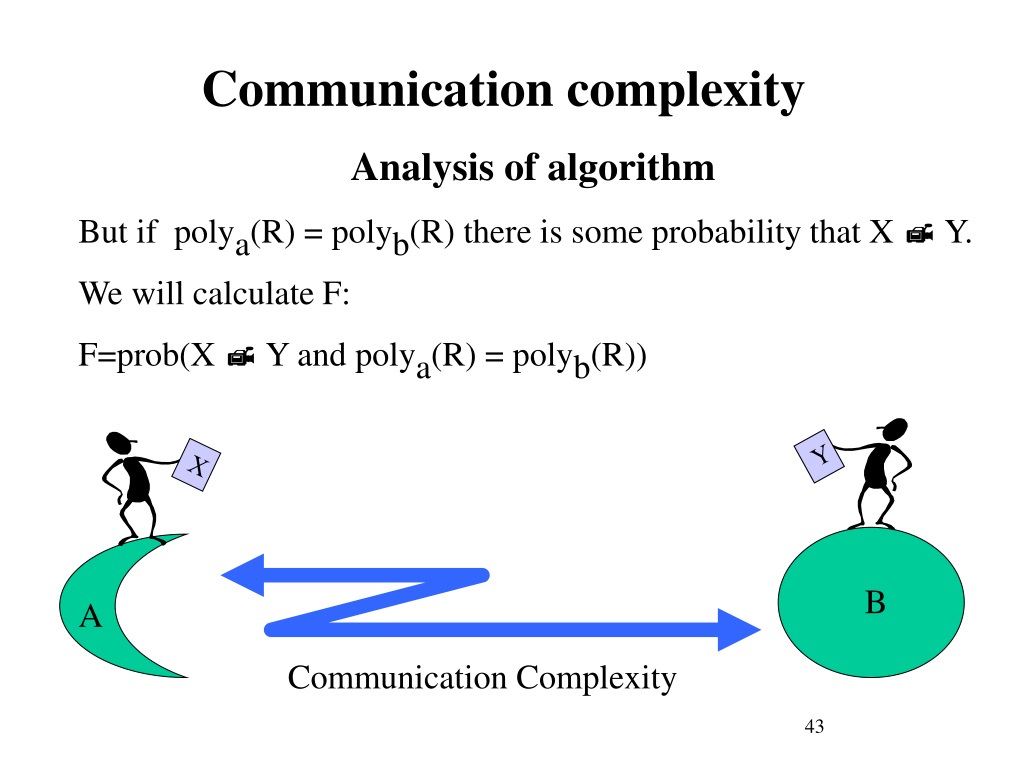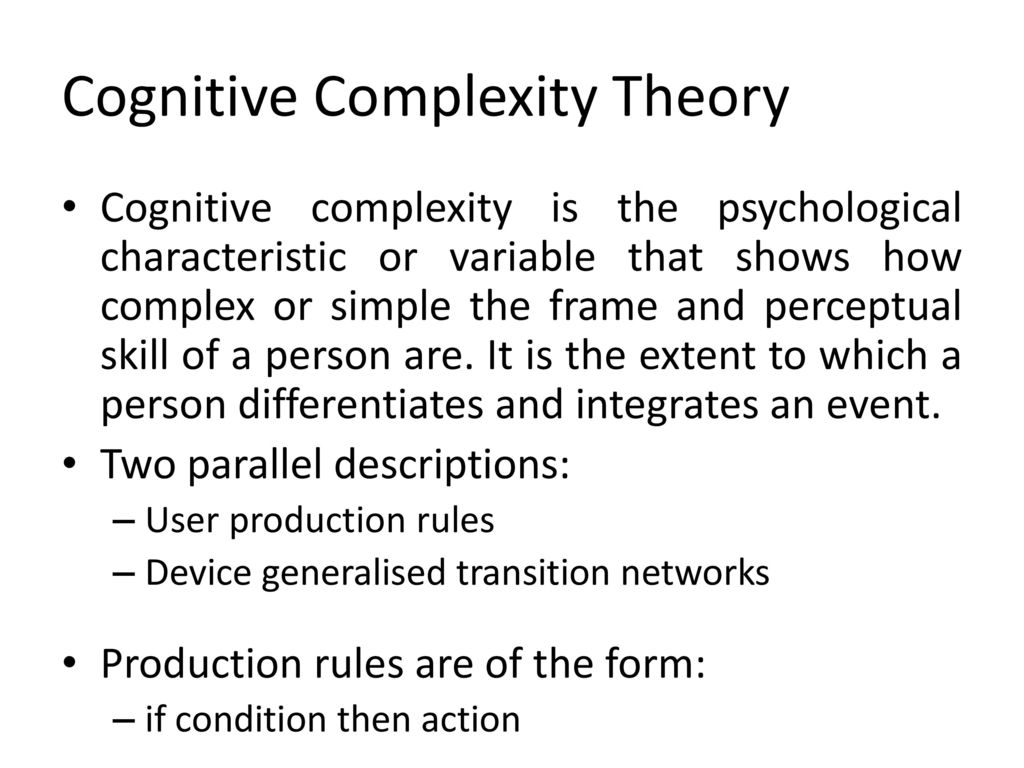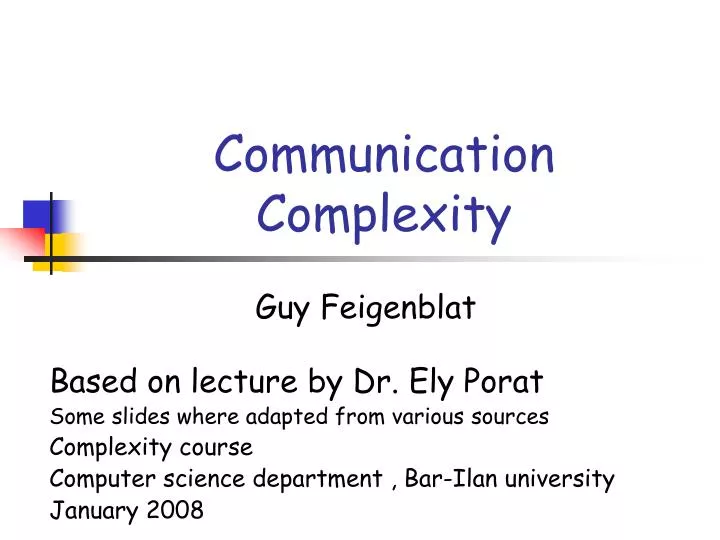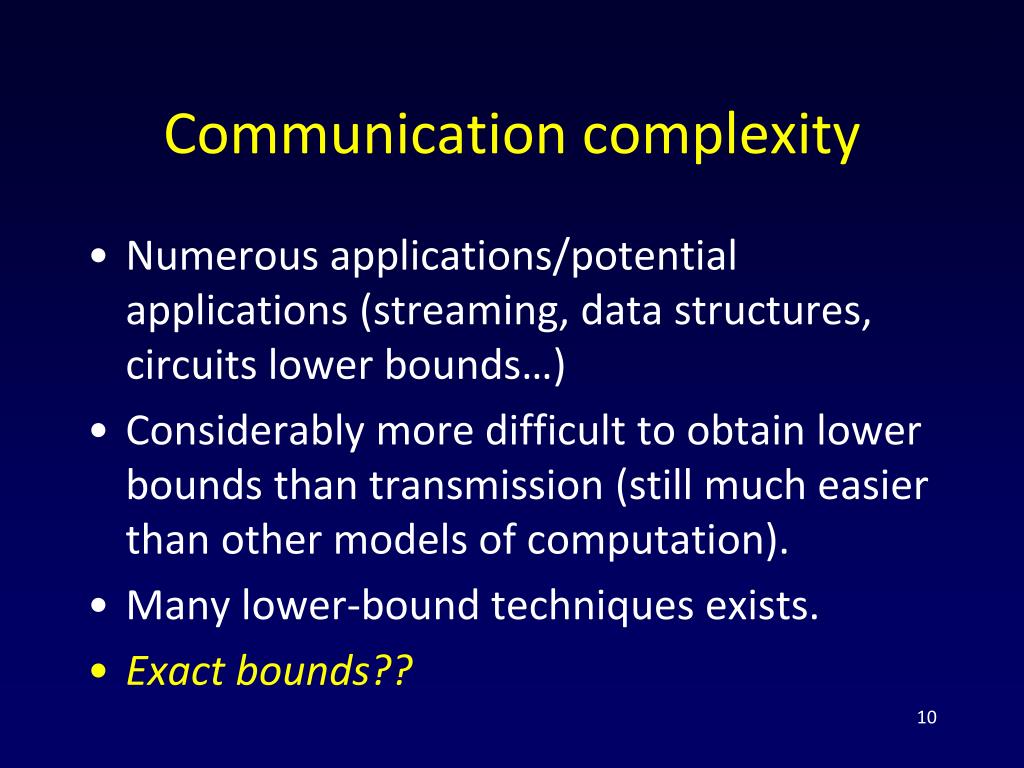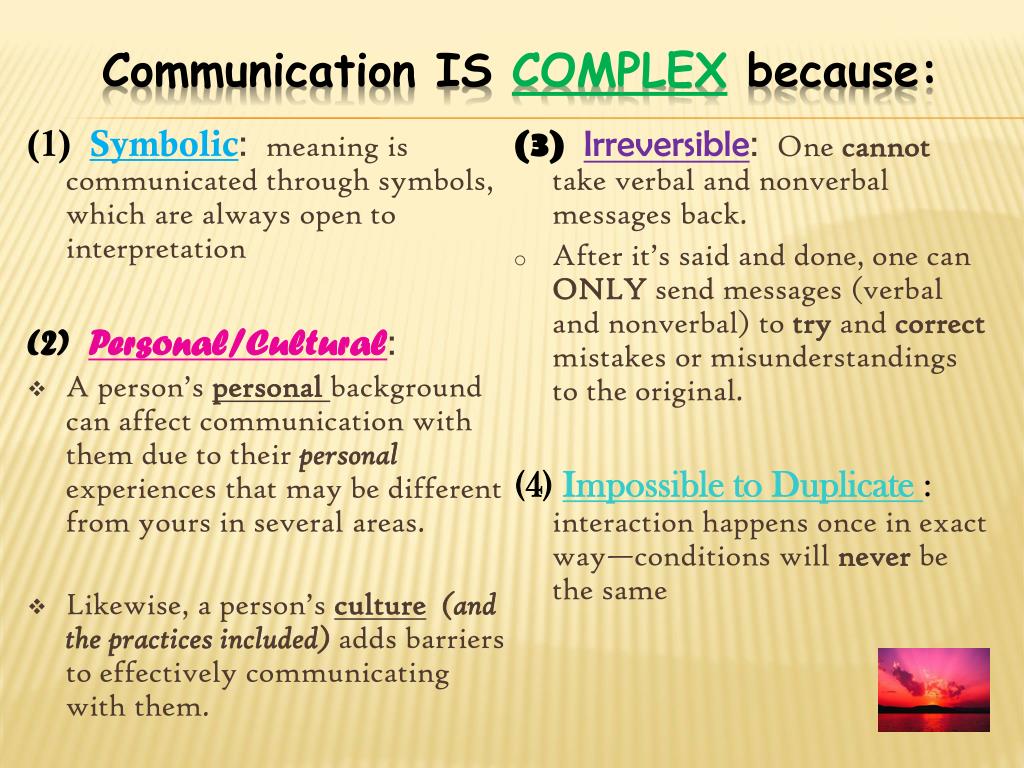What Is Cognitive Complexity In Communication
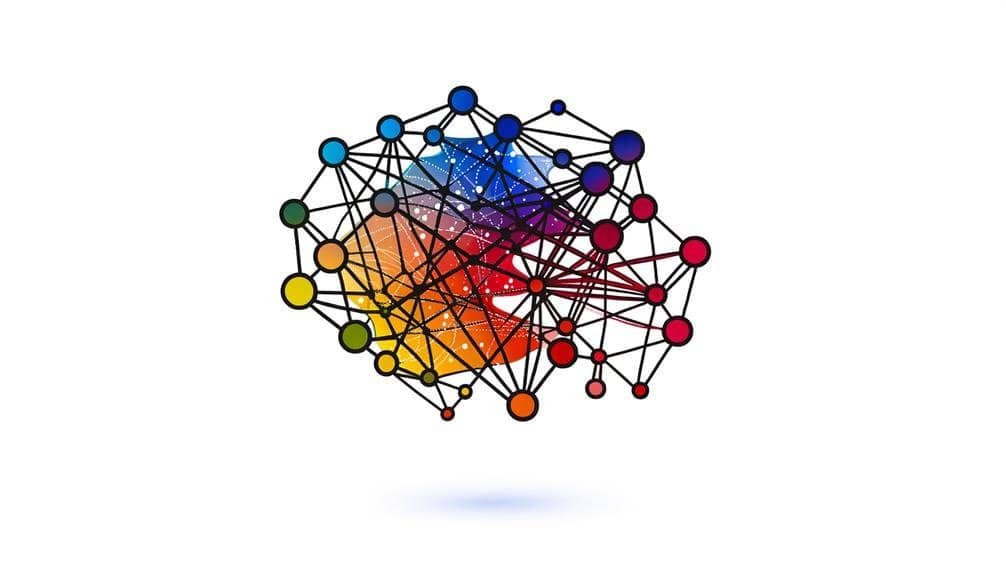
Communication breakdowns plague interactions daily, often stemming from a hidden culprit: cognitive complexity. This article dissects this phenomenon, revealing how it impacts understanding and offering strategies to mitigate its effects in personal and professional settings.
Cognitive complexity, in essence, refers to the degree to which a person differentiates and integrates information. It influences how we perceive, interpret, and respond to communication, affecting everything from casual conversations to high-stakes negotiations.
What is Cognitive Complexity?
At its core, cognitive complexity describes the sophistication of an individual's mental models. These models are used to process information. Individuals with high cognitive complexity tend to see the world in a more nuanced and multi-dimensional way.
Conversely, individuals with lower cognitive complexity often rely on simpler, more concrete frameworks. This can lead to misunderstandings, especially when dealing with abstract or emotionally charged topics.
Two Key Dimensions: Differentiation and Integration
Differentiation refers to the number of distinct dimensions a person uses to perceive and categorize information. Someone high in differentiation recognizes a wide range of perspectives and nuances in a given situation.
Integration describes the ability to connect and synthesize these differentiated elements into a coherent whole. It’s the process of weaving together various pieces of information to create a comprehensive understanding.
For example, in a conflict situation, a person high in cognitive complexity might see multiple causes and potential solutions, understanding the various perspectives involved. A person with lower cognitive complexity might focus on a single cause and blame a specific individual.
The Impact on Communication
Cognitive complexity significantly affects how we communicate and how others perceive us. Those with higher complexity are generally better at adapting their communication style to their audience.
Research suggests individuals with high cognitive complexity are more persuasive and better at resolving conflicts. They are also often perceived as more credible and trustworthy.
However, high cognitive complexity can also lead to communication challenges. Sometimes they can be perceived as indecisive or overly analytical. They can get lost in details or fail to communicate their ideas in a clear and concise manner to those with lower complexity.
Communication Styles and Misunderstandings
Communication breakdowns often arise when individuals with drastically different levels of cognitive complexity interact. The person with higher complexity might use abstract language or make nuanced arguments that are difficult for the other to follow.
Conversely, the person with lower complexity might perceive the other as condescending or evasive. Leading to frustration and ultimately a failure to communicate effectively.
Studies in organizational settings reveal that teams with a mix of cognitive complexity levels can be highly effective, provided that team members are aware of these differences and willing to adapt their communication styles. The diverse perspectives and skills can lead to more creative problem-solving.
Bridging the Cognitive Gap
While cognitive complexity is a relatively stable trait, there are strategies to improve communication across different levels. The key lies in awareness and adaptation.
Active listening is crucial. Paying close attention to the other person's verbal and nonverbal cues. Asking clarifying questions to ensure understanding.
Using clear, concise language, avoiding jargon and overly complex sentence structures helps to make the message easier to understand. Adapting your communication style to the audience, taking into account their level of knowledge and understanding.
Practical Strategies for Enhanced Communication
Empathy is paramount. Trying to see the situation from the other person's perspective. Understanding their motivations and concerns.
Simplifying complex ideas requires breaking down information into smaller, more manageable chunks. Using visuals and analogies can also help to illustrate complex concepts.
Seeking feedback from others to gauge understanding can help identify areas where communication may be unclear or ineffective. This allows for adjustments to communication style in real time.
Ongoing Research and Future Directions
Research continues to explore the nuances of cognitive complexity and its impact on various aspects of communication and interpersonal relationships. Researchers are examining the role of cognitive complexity in leadership effectiveness.
Efforts are focusing on developing training programs to enhance communication skills across diverse cognitive levels. The goal is to create environments where everyone feels heard and understood.
Understanding cognitive complexity is a crucial step toward improving communication. This is important in personal and professional interactions. By recognizing and adapting to different cognitive styles, we can bridge communication gaps. This will foster stronger relationships and achieving more effective outcomes.

